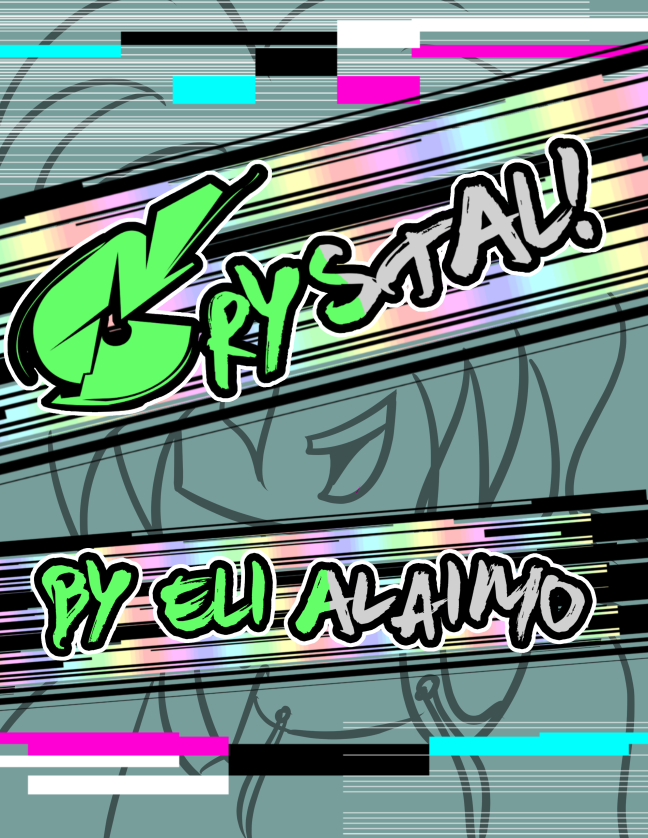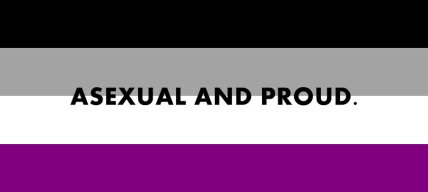Today we’re joined by Eli Alaimo. Eli is a phenomenal author and former animator. They have written a full-length novel as well as two cyberpunk novellas. When they’re not working on creative writing, they write for a podcast entitled “The Gimmick Room,” which sounds hilarious. It’s clear they’re a passionate artist who loves what they do. My thanks to them for taking the time to participate in this interview.

WORK
Please, tell us about your art.
I have to be upfront about it: I’m a failed animator. That sounds grim, I know, but I don’t take it as a bad thing. I have a degree in animation, and spent the better part of a decade trying to find animation work. That’s not meant to be discouraging; I had a lot of other factors going on that I had to sort through. But I did my best for a long enough time that nobody can say I didn’t try. In the end, it wasn’t for me.
Nowadays, I’m a writer. In one way or another I’ve been writing for almost 20 years. I’ve written a full-length novel called Bonneville, and two cyberpunk novellas titled MLAW.EXE and Crystal!. I also do writing for a podcast I’m on called The Gimmick Room, where I and a friend of mine come up with wrestling characters for the fictional company we work for.
Honestly it’s been kind of a big shift for me in the past year switching from animation to writing, but I’ve also been more productive writing than I ever have when animating so while I’m still early in it, it’s a positive career change for me. I don’t feel like my time spent working on animation was wasted, though. At the very least it means that I can design and draw my own covers for my books.
What inspires you?
An important part of my work is whatever project I’m working on, there’s this emotional core to it. Whether it be based upon an event in my life, or a way I felt, or someone I knew, that core is what gives me the inspiration to work on something. It ties into the old saying of “write what you know.” You don’t have to write a 1:1 account of something that happened to you. But you can draw upon the feelings of abandonment you felt during high school and apply it to a medieval story.
Oh, and also cyberpunk. Cyberpunk is rad as hell and a big inspiration for me. Same for any 80’s-90’s anime with two girls teaming up and kicking ass. (See: Dirty Pair or Gunsmith Cats)
What got you interested in your field? Have you always wanted to be an artist?
I picked up drawing in high school, and originally I wanted to get into animation to work on video games. (Jet Set Radio helped with that.) Then I wanted to make my own animated TV show or movie. Through everything though, I would work on writing as a hobby. My reasoning was that I’d get into the animation industry as an animator, and work my way into writing from there. (I know now that it absolutely does not work that way and I strongly advise against anybody else doing it.)
Do you have any kind of special or unique signature, symbol, or feature you include in your work that you’d be willing to reveal?
I decided a while back that nobody in my books would be straight unless it’s explicitly pointed out. At first it was to be kinda cheeky and spiteful, but now it’s more of a “oh, these are the kinds of people I’m interested in writing, and relate to the most.” Plus I want queer people to be normalized. You should never have to explain why a character is queer or not cis. They just are. And I want that to be normal.
Also: one of my favorite things to put into books is scenes with food. I believe that cooking and sharing meals with other people is one of the best ways to get to know someone or help them in bad times. So I always go into detail with scenes where people are eating or prepping food.
What advice would you give young aspiring artists?
You know that idea you have? The one that you’re like “Oh this is my dream project. I’ve been thinking about it for years! I’ll get to it someday when I’m good enough!” Make it now. Just go ahead and make it now. If it’s a book, a comic, a cartoon, a script, album, whatever it is just work on it and finish it to the best of your ability. Because when you finish that first project, the others will come a lot easier. It took me three years to finish my first book. Honestly if you trace the lineage of it that book existed in some form for the better part of nine years. My second book took me 11 months. Then my third took less than a month. Granted, the second two were novellas, so they were shorter, but I knew I was working faster on them, and I knew the quality of my writing was getting better as I did.
The point is: you’re not going to get anywhere waiting for your ‘perfect idea’ to be executed. Just make it. I promise your next idea will be even better, because you will be better.

ASEXUALITY
Where on the spectrum do you identify?
I’m asexual. I was undecided on whether I was aromantic or not, and I don’t think I am. But I haven’t really thought about it in years. But even realizing that asexuality was A Thing helped put a lot of things into perspective from when I was younger.
Have you encountered any kind of ace prejudice or ignorance in your field? If so, how do you handle it?
Ignorance definitely. An astounding number of people don’t know what asexuality is, and those who do have next to no correct understanding of it. I try to be courteous when I correct people’s misconceptions, or even tell them about asexuality.
What’s the most common misconception about asexuality that you’ve encountered?
That asexual people don’t have a sex drive at all. In reality, sometimes the truth is even more hellish because you can have a libido, but also be asexual which means now you have this energy but don’t feel attraction to anybody. This also helped put a lot of my earlier life into perspective.
What advice would you give to any asexual individuals out there who might be struggling with their orientation?
Don’t let anybody tell you it’s not real, or that you’re invalid, or that it’s a phase, you’re not “queer enough” or any other hot trash take. Ace people are part of the queer community, and never feel like you’re not. It can be tough because a lot of times the community can feel “sex positive” in a way that can make a lot of people uncomfortable. But remember; it’s not a failing on your part.
Finally, where can people find out more about your work?
Currently you can find my books on my Gumroad and my itch.io pages. They’re pay what you want! If you wanna download them for free, go ahead!
https://gumroad.com/ealaimo
https://ealaimo.itch.io/
The podcast I work on is the Gimmick Room and we update every two weeks: https://thegimmickroom.simplecast.fm/
I also use Twitter more than any other social platform: https://twitter.com/ealaimo
Be warned I say a lot more cuss words on there than this interview would lead you to believe. But I’m also really funny. We all make sacrifices.

Thank you, Eli, for participating in this interview and this project. It’s very much appreciated.
